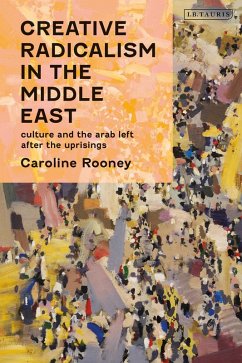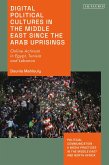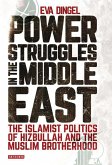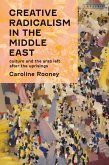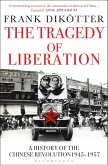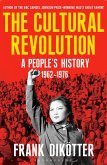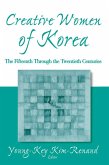Addressing the question of how neoliberal ideology has served to conflate the radical left with extremism, this book examines how the Arab left has asserted itself in the context of authoritarianism and Islamic extremism during and after the Arab uprisings. It examines how the Arab cultural left has offered a critique of the signifying practices of political hegemonies in the region and argues that though creative expression as constituted in the very language of the Arab uprisings, it has put forward its own alternatives
Using a wide array of texts and sources, both Arab and non-Arab, the opening chapters of the book identify how ethical and radical values pertaining to sociality are co-opted by political leaders in the Middle East and turned into jargon. Later chapters outline resistance to this co-option through a poetics of inter-subjectivity that takes structures of feeling into account, ranging from disappointment, despair and distrust, to dignity, solidarity and reconfigured senses of the sacred. In showing how psychological and affective states relate to signifying practices, the book offers an original conceptual framework for differentiating 'radicalization' from the creative radicalism of the Arab avant-garde.
Using a wide array of texts and sources, both Arab and non-Arab, the opening chapters of the book identify how ethical and radical values pertaining to sociality are co-opted by political leaders in the Middle East and turned into jargon. Later chapters outline resistance to this co-option through a poetics of inter-subjectivity that takes structures of feeling into account, ranging from disappointment, despair and distrust, to dignity, solidarity and reconfigured senses of the sacred. In showing how psychological and affective states relate to signifying practices, the book offers an original conceptual framework for differentiating 'radicalization' from the creative radicalism of the Arab avant-garde.

